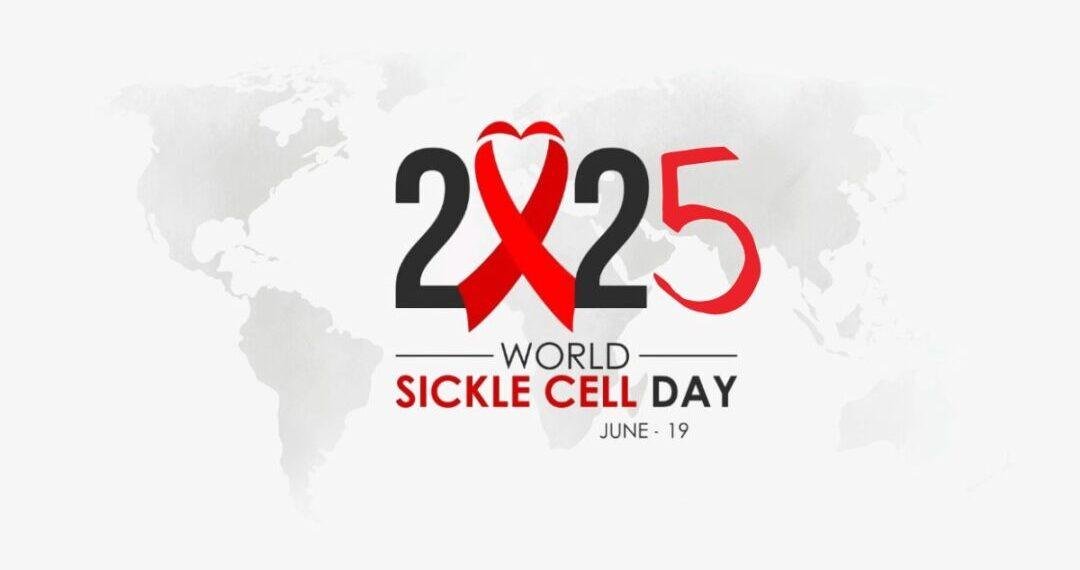As the world marks World Sickle Cell Day 2025, the National Orientation Agency (NOA) is calling on Nigerians to prioritize genotype awareness, education, and responsible decision-making in order to reduce the burden of sickle cell disorder across the country. With the global theme, “Global Action, Local Impact: Empowering Communities for Effective Self-Advocacy,” this year’s commemoration highlights the urgent need for local action to combat one of Nigeria’s most prevalent hereditary health conditions.
The NOA is urging citizens to take personal responsibility for their health and that of future generations by knowing their genotype status and making informed choices, especially in marriage and family planning. The agency stressed that while sickle cell disorder remains a serious and life-altering condition for many Nigerian families, it is largely preventable through early testing and awareness.
Speaking during the awareness campaign, the agency emphasized the importance of premarital genotype screening as a first step in reducing the number of children born with sickle cell anemia. Unions between individuals with AS/SS or SS/SS genotypes, the agency warned, significantly increase the risk of producing offspring with the disorder, often resulting in a lifetime of medical challenges, emotional distress, and financial strain.
Related Articles:
- Delta Govt establishes free genotype testing centres for newborns to combat sickle cell
- Gene Editing: A revolutionary breakthrough in treating Sickle Cell, other Genetic Disorders
- Gov. Yusuf offers automatic employment to 54 Kano medical students
The NOA also called on faith-based institutions, schools, and community leaders to break the silence surrounding genotype compatibility. It urged them to promote open conversations about the implications of genotype mismatch and provide safe platforms for education and dialogue, especially among young people.
In its public message, the agency reiterated that awareness alone is not enough action must follow. It encouraged communities to organize health education initiatives and advocate for better access to genotype testing and counseling services nationwide. The goal, it said, is to empower individuals to make decisions that protect not just themselves, but the well-being of future generations.
World Sickle Cell Day is more than a symbolic reminder, it is a call to action. Sickle cell disorder remains a significant public health concern in Nigeria, but through prevention, education, and collective responsibility, it can be transformed from a devastating condition into a manageable one.
With increased awareness and responsible health choices, Nigeria can take meaningful strides toward reducing the prevalence of sickle cell disorder. The NOA is leading the charge, and it calls on every Nigerian to join in the effort to ensure that the future is one where fewer children suffer needlessly from a preventable condition.






